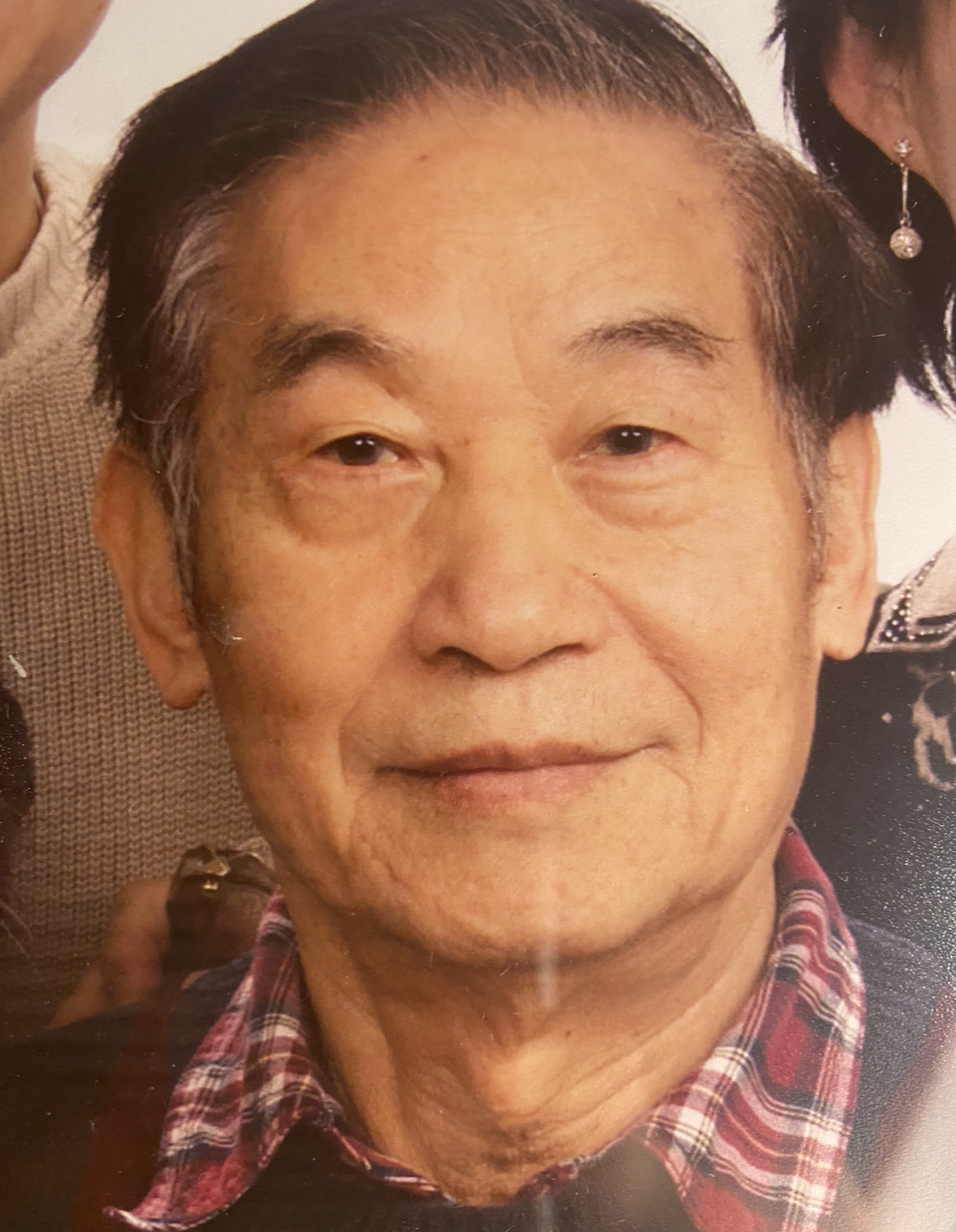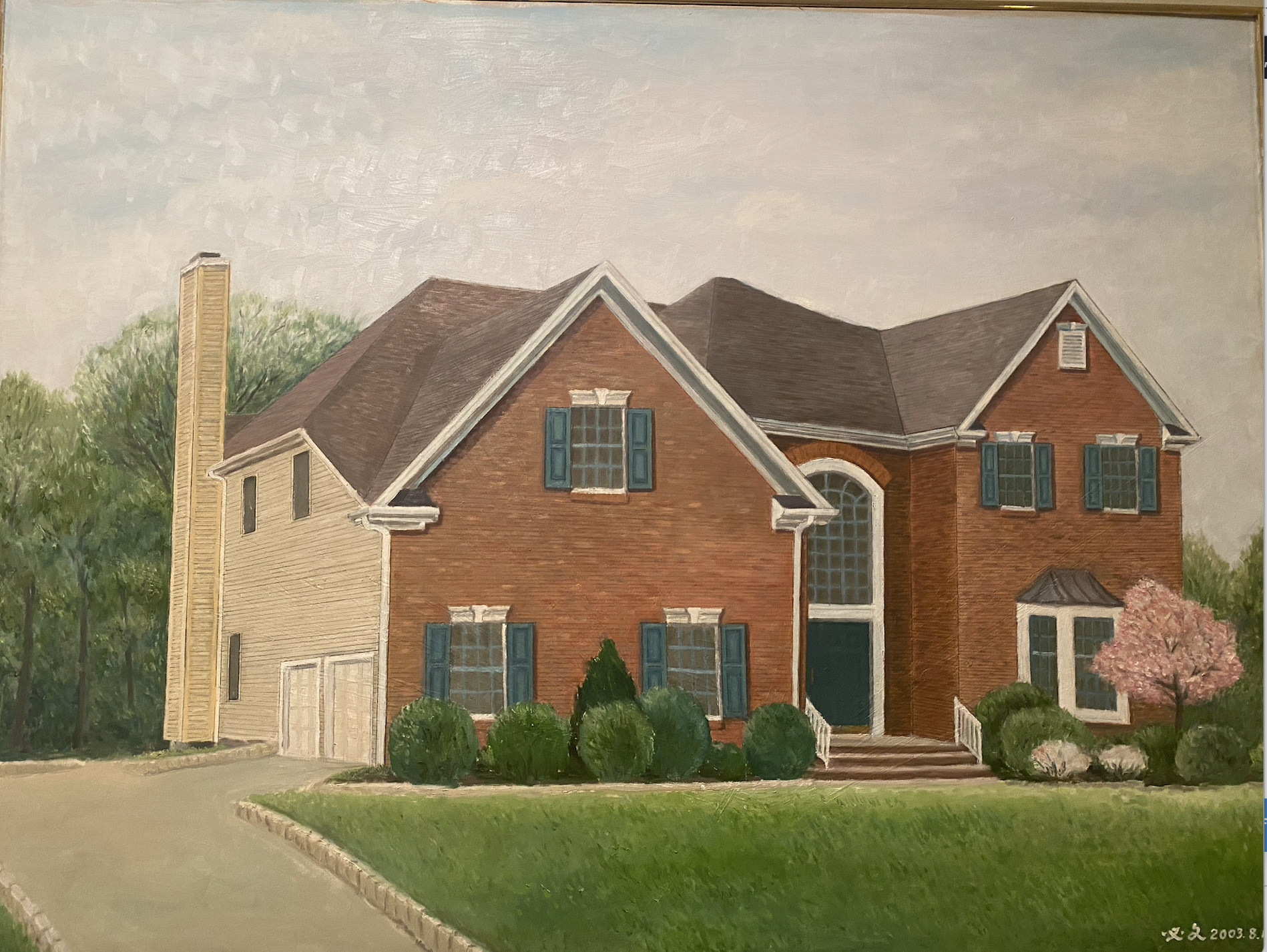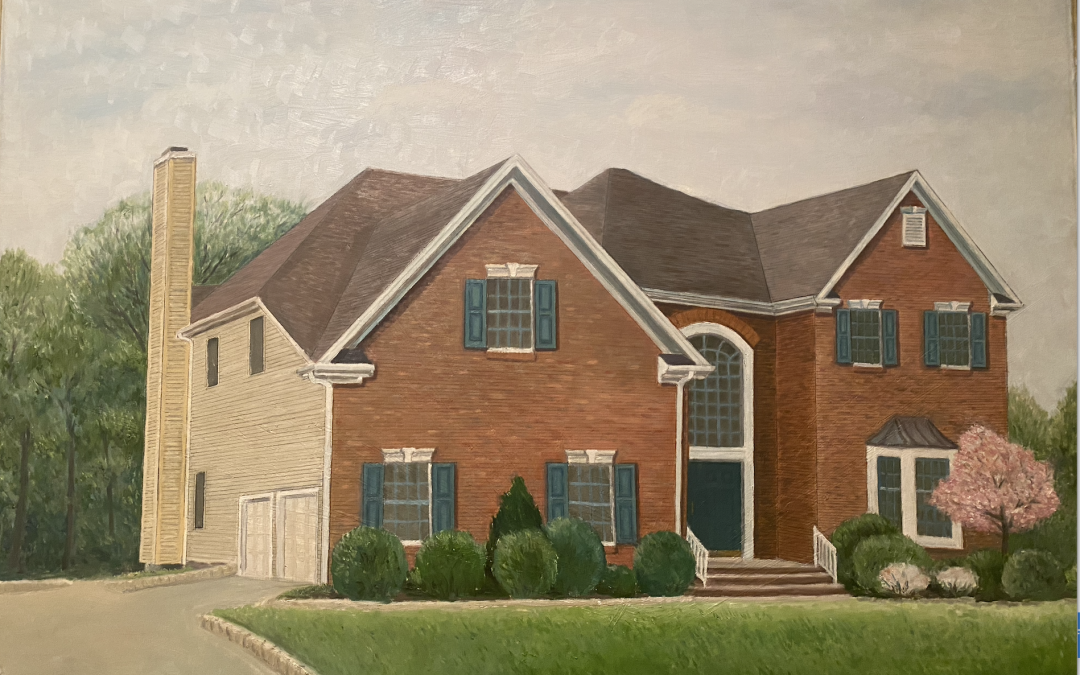In 1945, my mom’s father, a 17-year-old soldier of the youth military (青年军), followed the Chinese military academy to the small island of Taiwan to pursue military training. At the time, China was under the rule of Chiang Kai Shek, the leader of the Chinese Nationalist Party, and my grandpa fought for Chiang as a young soldier. Four years later, the Communist Party defeated Chiang Kai Shek, an unexpected success, and Chiang fled with the rest of his army to Taiwan, joining my grandpa and the troops already stationed there.

My grandmother, 8-years-old at the time, left her home in Sichuan, China and followed Chiang Kai Shek’s retreat to Taiwan. Her father was also part of the military, and she remembered traveling for two years, by train, through Sichuan, Nanjing, Fujian, and finally arriving in Taiwan.
While my grandma arrived in 1949, my grandpa was already a military official, having graduated from his military academy. Three years later, in 1952, my grandpa entered art school, called 政工干校 (Fu Hsing Kang College), where he began to discover a passion for the arts. Even after retiring from the military, oil painting remained one of his hobbies, and he spent hours and hours painting a day. This picture on the right is an oil painting he did of our house, and for the longest time, I thought it was just a lage printed picture because of how realistic it is.
When Mao, from mainland China, initiated the Second Taiwan Strait Crisis in 1958, my grandpa, naturally, was sent to fight since he was still a soldier. Another name for this attack is The Kinmen Bombs (金门炮战), and Kinmen is an island off of Taiwan under Chiang’s control. There, my grandpa remembered that the “bombs flying from the sky were like rain,” and everyone hid in caves alongside mountains that were air-raid hideouts.

My grandparents call this battle the 八三二炮战, the Eight Three Two Bombs, because Mao began to bomb the small island of Kinmen on August 23, 1958. During the battle, my grandpa was also sent to operate the bombs for Chiang’s forces. Even when fighting ceased and Mao’s plane had stopped bombing the island, my grandpa needed to reinforce the defenses of Kinmen and remained there for four years.
In 1962, my grandpa arrived in the main island of Taiwan and joined the Logistics Department, no longer required to go to the front lines in battle. He started out as the leader of the Art Troop (文工团), which consisted of 100 people that traveled to various military bases and performed for the soldiers. My grandpa was finally able to pursue his passion in the arts, but soon after, he was sent to the electronic factory to create batteries. Two to three years after that, my grandpa moved again, this time, to make bombs for the military in Taiwan.
My mom remembers watching fireworks that were made from the leftover explosives in the bomb factory during New Years. She enjoyed her childhood in the designated military family villages, but she hated having to move so much. In elementary school, which lasted for six years, my mom had to move four times because my grandpa was sent to various bases as a soldier.
Although my grandparents aren’t immigrants, because Taiwan is a part of China, their lives did change drastically when they migrated to the small island. I think my grandpa’s story is really interesting, and I think its unbelievably that he experienced so many of the historical events that I read about in textbooks.


Recent Comments